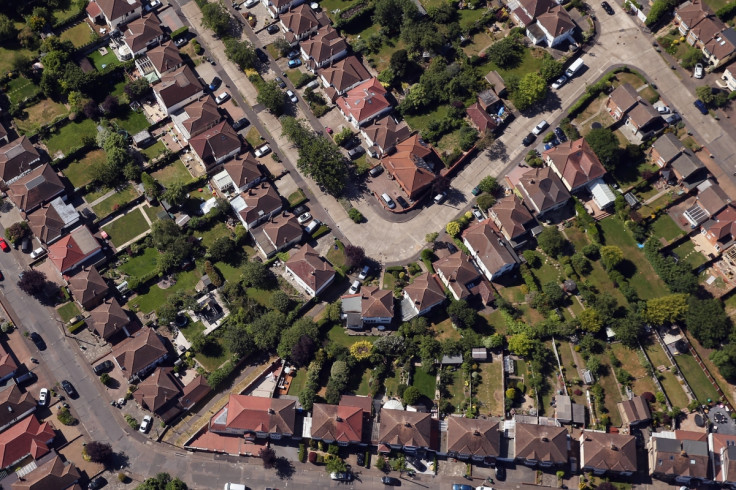Budget 2016: Landlords furious at George Osborne's 'outright assault' on buy-to-let

Landlords and the property industry are lashing out at George Osborne after he extended a planned hike to stamp duty and exempted them from his cuts to Capital Gains Tax (CGT). They are the latest in a string of tax increases on property investors.
"The chancellor said that this government would tax the things it wants to reduce not the things it wants to encourage," said Richard Lambert, chief executive of the National Landlords Association (NLA). "On that basis, it's clear he does not regard ordinary people putting their own money into providing homes as worthwhile. The steady upward ratchet of taxation on landlords over the past year shows that George Osborne is determined to bear down on the private rented sector, but he still depends on the tax revenues he expects to pull in from them."
From 1 April, all purchases of additional property — anything that is not intended to be the buyer's main residence — will be subject to an extra 3% levy on top of standard stamp duty rates. There had originally been an exemption for large-scale purchases of 15 or more properties. This was over concerns that institutional and big investors who fund crucial housing developments would be deterred by the higher stamp duty. But the chancellor announced in his 2016 Budget that the 15 property exemption threshold would no longer apply. The property industry had been hoping for a total u-turn.
Moreover, Osborne slashed CGT rates — but said gains made on property prices would still be subject to the old higher tax rates. It follows a number of tax increases on property investors, including the scrapping of a relief that allowed landlords to offset their mortgage interest against income tax bills, and a new annual tax on offshore owners of UK property.
"Keeping the old rates of CGT on residential property will make it more difficult for existing buy-to-let investors (who face a cut in income tax relief on interest payments) to reorganise their portfolios towards better performing property," said Lucian Cook, head of UK research at the estate agent Savills. "It will also act as a longer term disincentive to invest in residential property compared to other asset classes which may put further pressure on the supply of private rented homes against the backdrop of rising demand. That may well put upward pressure on rents."
Russell Quirk, chief executive of the online estate agent eMoov, called it "a very disappointing budget from a property point of view and for UK buyers and sellers".
"The CGT reductions, whilst bold, are a missed trick and a kick in the teeth for those second home-sellers, who will not benefit from a reduction in CGT on their property sale. This was hardly a budget to assist hard working people with more than one property, not to mention Mr Osborne's total failure to address the issue of housing supply that has been touched upon in previous budgets."
It's an outright assault on the sector.
David Cox, managing director of the Association of Residential Letting Agents (Arla), said this is "now the third budget which directly attacks landlords".
"The sector has been punitively taxed, with stamp duty on buy-to-let properties, mortgage interest relief and now capital gains tax changes. It's an outright assault on the sector," Cox said. "In November, when Mr Osborne announced an increase in stamp duty tax on buy-to-let properties, we described this as a catastrophic move. Today's news that larger investors will also have to pay the tax is even worse. Professional landlords – those who typically own more than 15 properties – play a vital role in providing rental stock to the market, and providing the army of renters we have in this country with housing. Our members forecast that the supply of buy-to-let properties will dwindle when the new tax comes into effect, and this news means that supply will fall even faster and harder."
Lawrence Hall, a spokesman for the property listings firm Zoopla, said the additional stamp duty plan is "the latest in a series of short-sighted policies aimed at the property market".
"The higher stamp duty on buy-to-let properties will ultimately make rents more expensive which in turn eats into people's ability to save up toward a deposit," Hall said. "This policy is misguided as in an attempt to reduce demand by some buyers, it ignores the fact that the private rental sector provides an essential service for millions of adults who are happy to rent, especially in their 20s and 30s. By hitting the rental sector with higher taxes and lower reliefs the chancellor is making renting more expensive and getting on the ladder even harder for Generation Rent."
© Copyright IBTimes 2025. All rights reserved.






















